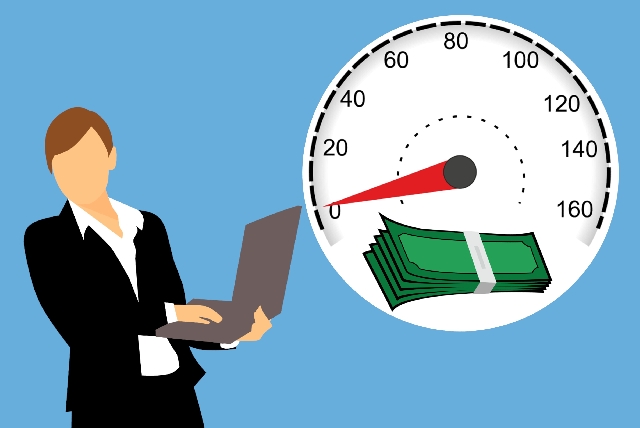Why is It Hard to Get a Loan if You Have a Low Income?
When you’re trying to get a loan, the last thing you want to hear is that your income is too low. But unfortunately, that’s often the case. Lenders typically look at your debt-to-income ratio to determine whether you can afford a loan. And if your income is low, it can be hard to qualify for a loan.
There are some loans specifically designed for people with low income, but they can be hard to qualify for. And even if you do qualify, the interest rates may be higher than what you’d get with a traditional loan.
If you’re struggling to get a loan because of your low income, there are a few things you can do. You may be able to find a cosigner or use collateral to secure the loan. If you’re self-employed, get your income as high as possible. Don t use credit cards to boost your income. That s a bad idea because it can make your situation worse if you’re unable to pay off the balance. Instead, focus on getting the loan that you need.
How Do Banks Decide Who Gets Approved for Loans?
Banks are in the business of loaning money, so it’s important to understand how they decide who to lend to. The bank qualification process starts with an assessment of the borrower’s creditworthiness. The most important factor in this assessment is the borrower’s credit score.
A high credit score indicates a low risk of default, which means the borrower is more likely to repay the loan. A low credit score, on the other hand, indicates a higher risk of default and makes the borrower less attractive to banks.
In addition to a borrower’s credit score, banks also consider other factors when making lending decisions. These include the borrower’s employment history, income and debts. The bank will also look at the collateral being used to secure the loan.
Ultimately, banks want to lend money to people who have a good chance of repaying their loans.
What are the Requirements To Get Approved For A Personal Loan With a Low Income?
When it comes to personal loan approval with low income, there are a few key criteria that you’ll need to take into account. First and foremost, lenders will want to see that you have a steady source of income. This can be from employment, benefits, or other sources. They’ll also want to see that you have a good credit history and score. If you don’t have either of these things, you may still be able to get approved for a loan if you have a cosigner who does. Finally, lenders will want to know what you plan on using the loan for. Personal loans can be used for a variety of purposes, but most often they’re used for debt consolidation, home improvements, or major purchases.
5 Strategies to Keep Your Spending In Check and Increase Your Chances of Getting Approved
If you’re looking to get a loan approved, it’s important to keep your spending in check. Here are 5 strategies that can help:
- Make a budget and stick to it. This will help you track your spending and see where you can cut back.
- Save up for big purchases instead of financing them. This will show lenders that you’re responsible for your money.
- Avoid using credit cards for unnecessary purchases. Lenders will see this as a red flag and it could hurt your chances of getting approved for a loan.
- Pay your bills on time, every time. This will demonstrate to lenders that you’re reliable and capable of making payments on time.
- Keep your debt-to-income ratio in check.
